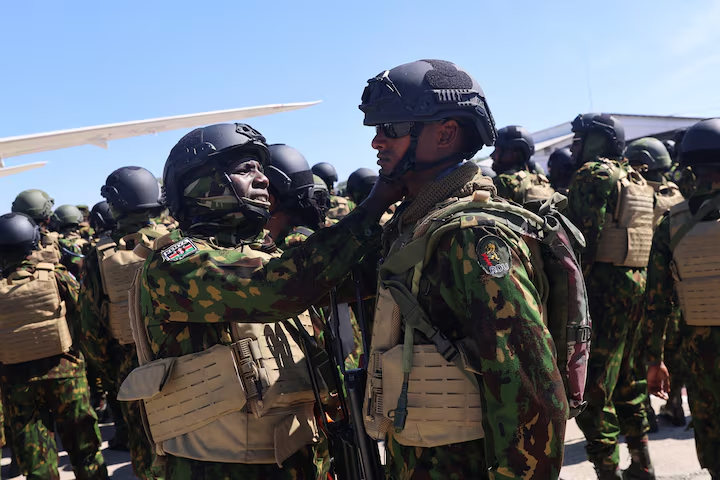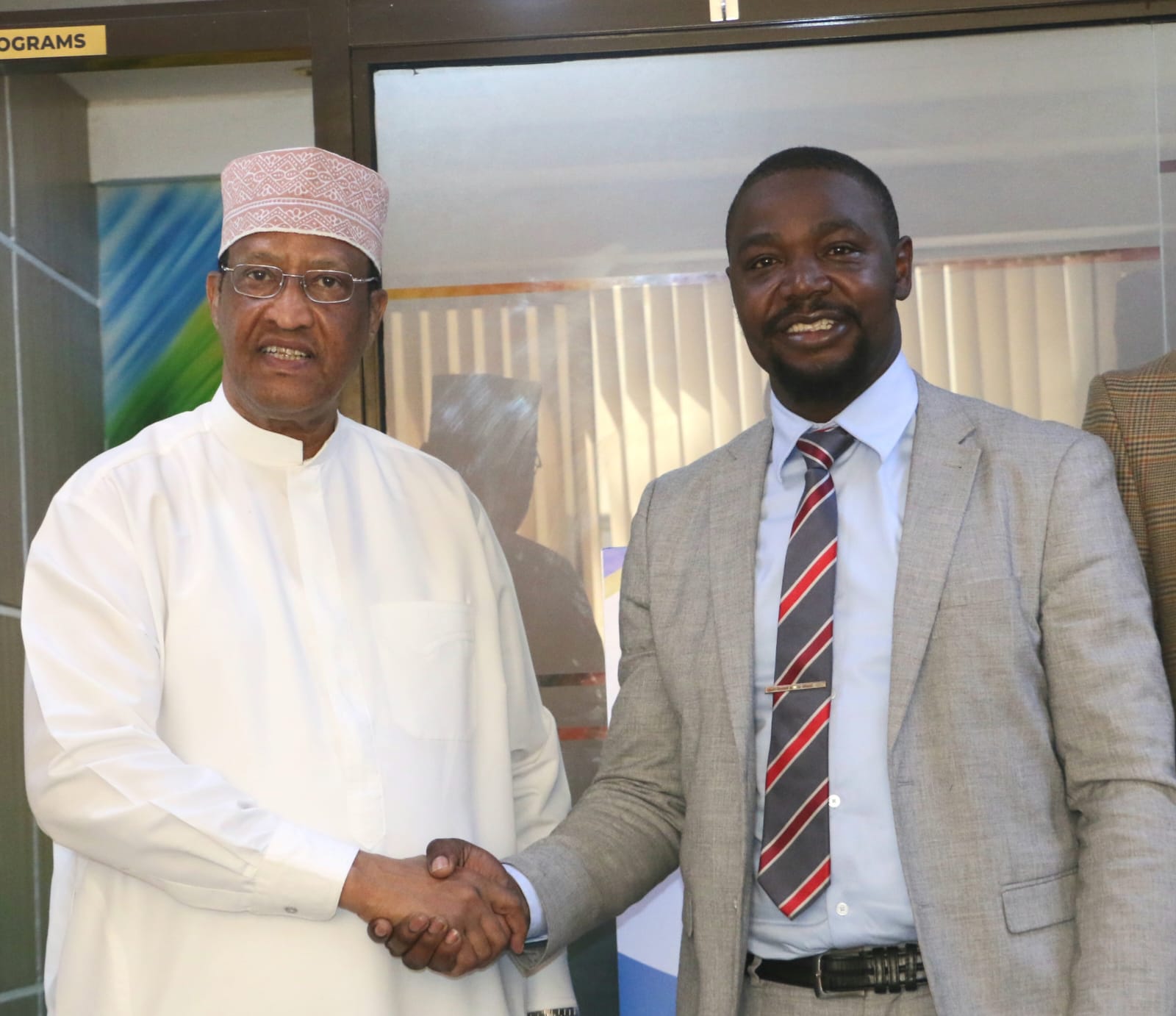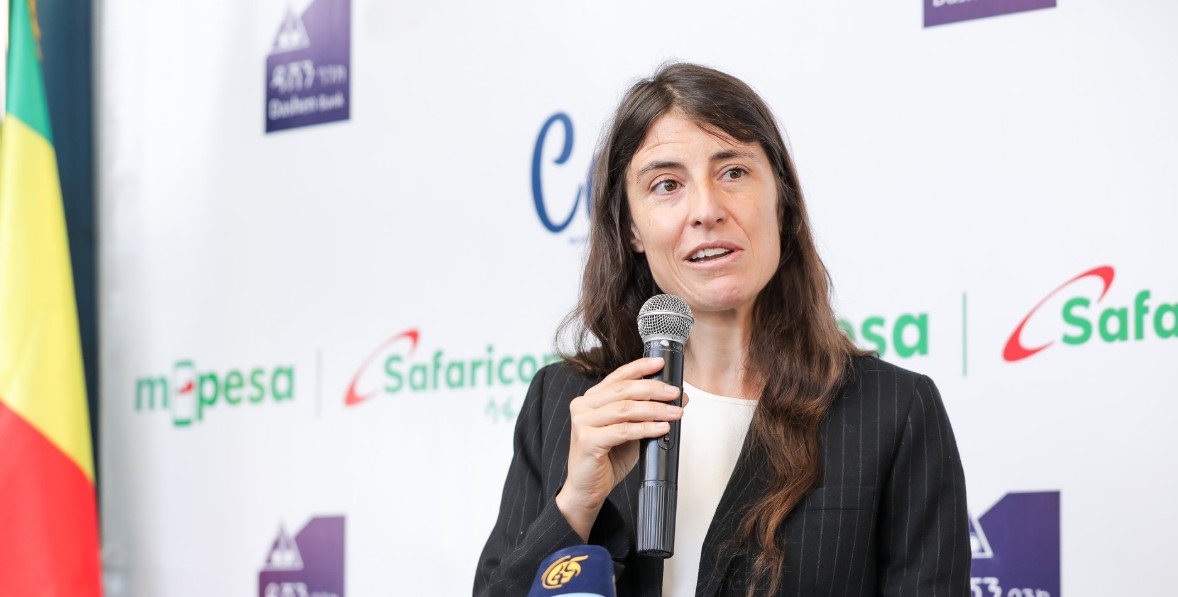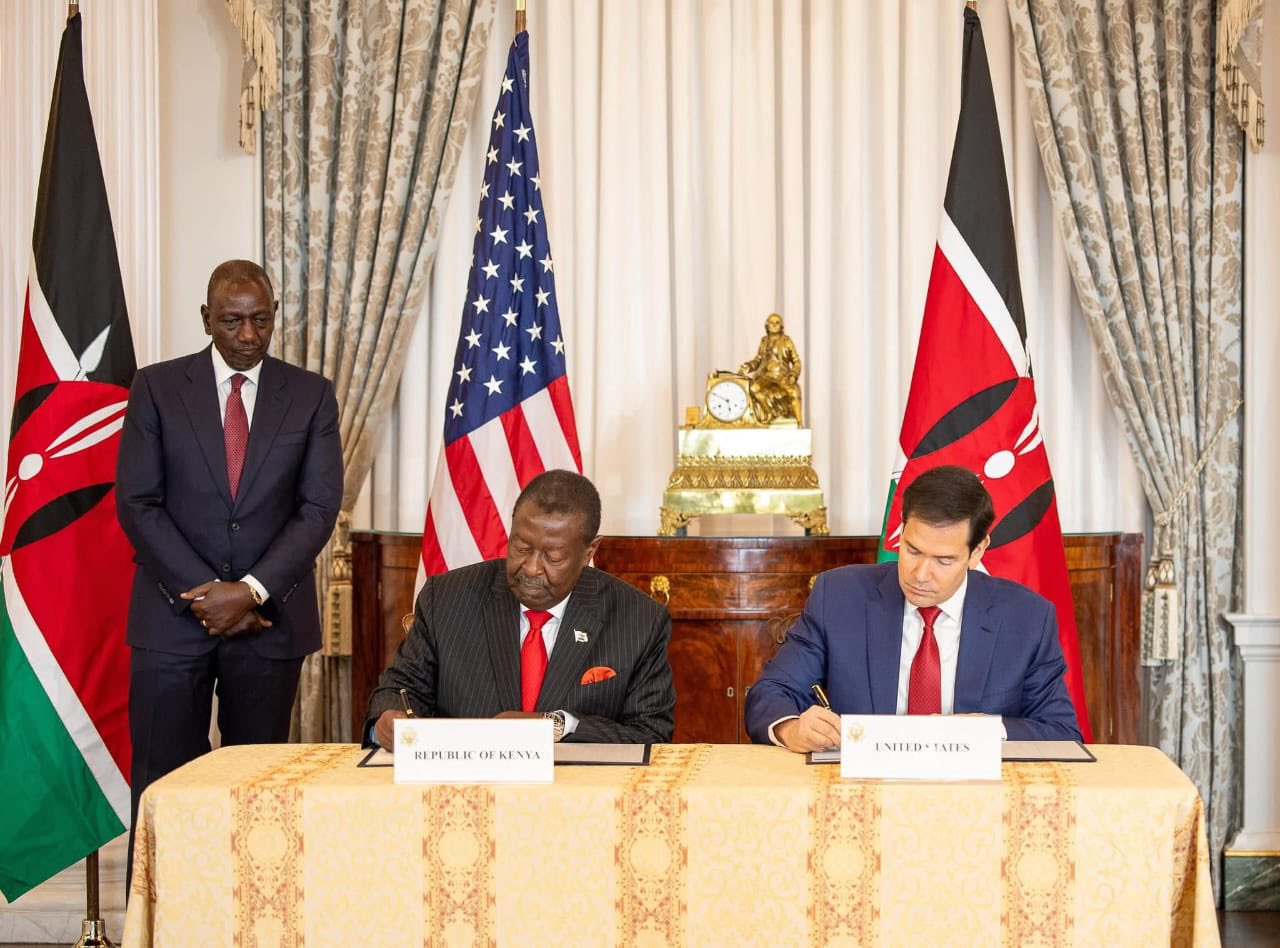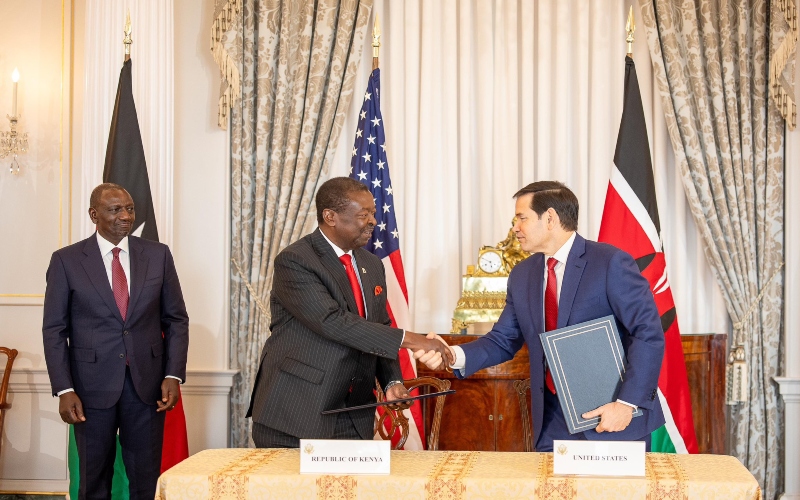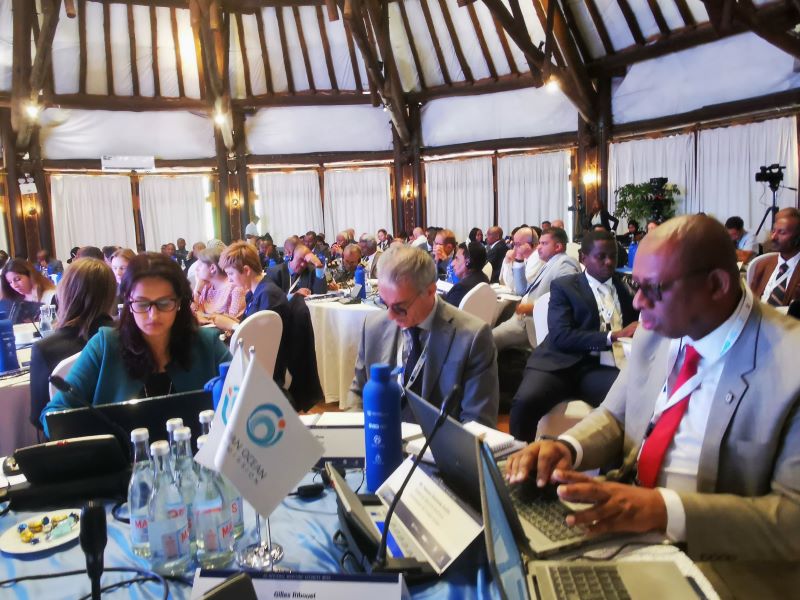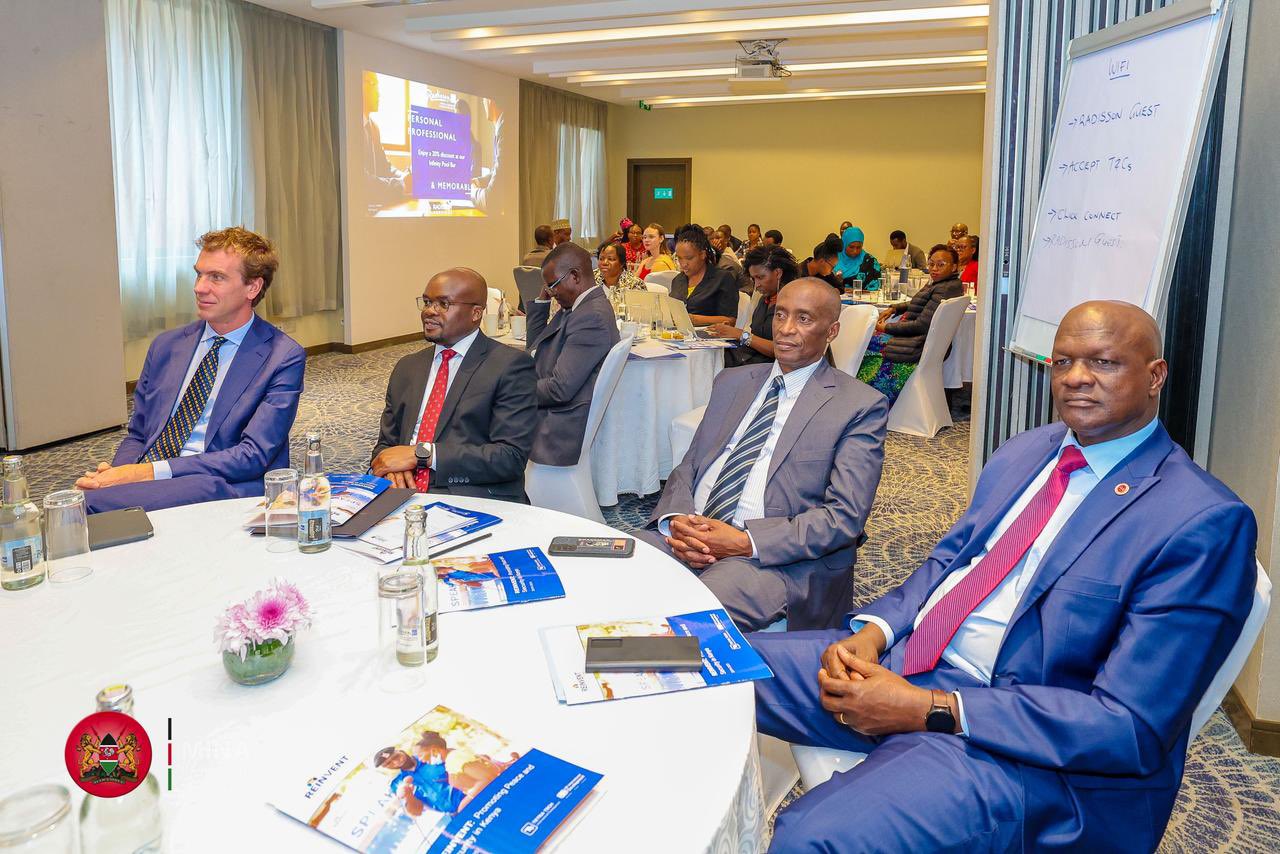Kenya inches closer to launching its new people-focused strategy on terrorism
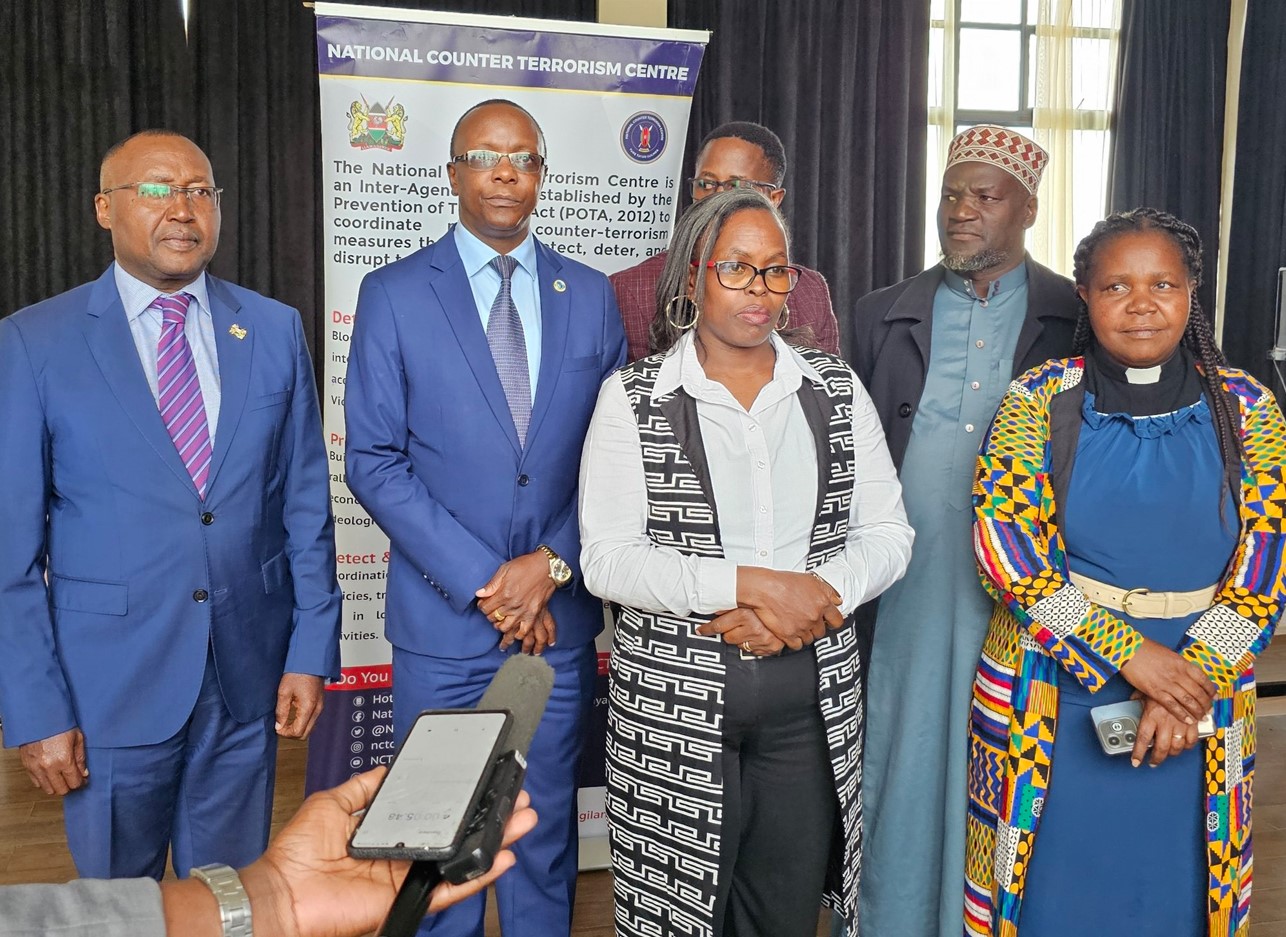
At the moment, Kenya is trying to shrink the pools of recruitment within communities, following a shift of radicalisation from physical to online spaces.
The Kenya National Counter Terrorism Centre (NCTC)’s zero draft strategy on the fight against terrorism in the country has gone through its final review, setting the stage for its final amendment and consequent launch later this year.
The document that was presented to religious leaders, community leaders, youth leaders, civil society groups, government agencies, the media, and other stakeholders highlights a change in shift in government’s fight against terror in the country, with the inputs of the groups involved largely informing the focus points that will be relied on to fight terrorism and violent extremism in the country.
More To Read
- Kenya’s Special Operations Group foils Al-Shabaab IED plot in Garissa
- KDF Special Forces kill five Al-Shabaab militants in Boni Forest operation
- Africa lagging in designating ISIL, al-Qaeda entities, UN expert reveals
- Somalia, US hold talks on expanded cooperation on border security, immigration
- Nine police officers injured in IED attack in Garissa County
- Seven police officers injured in Mandera IED attack
At the moment, Kenya is trying to shrink the pools of recruitment within communities, following a shift of radicalisation from physical to online spaces.
The strategy that adopts a “do no harm approach” to the fight against the vice will seek to enhance community resilience, inclusivity, and capacity to handle threats, both physical and online, in efforts to suppress the factors creating a conducive environment for terrorism and violent extremism.
While it may sometimes look like the threat is not active because of a lot of work in the background, NCTC Director Rosalind Nyawira said Kenyans have to remain vigilant as the perpetrators of past attacks remain active.
“Our work is to interact with the communities and educate them on the threat of terrorism, create resilience within communities, caregivers, the youth, and have communities take up securing themselves as part of the ordinary business that they do so that we can win this war against terrorism and violent extremism,” she said.
She added that some of the perpetrators have since returned to the combat theatres, others died there while others are still there, hence the need for continued vigilance.
The strategy is informed by the changing nature of terrorism and violent extremism including geo-politics that are coming into play.
“Since Kenya is not an isolated country, we are part of the global nations. We have to be careful and watch out for ourselves and make sure that we are not overtaken by events but are secure and updated on what is happening elsewhere,” Nyawira said.
The do-no-harm approach will ensure that mechanisms of action are anchored in law and that initiatives adopted in the fight are Kenyan-led and based on verifiable information.
It will be implemented by communities through their specific action plans and engagement fora and will be subjected to periodical reviews to ensure that it does not miss out on key issues.
Wajir County Commissioner Karuku Ngumo noted that one of the strong points of this strategy that he noticed has to be the monitoring, evaluating, and learning segment.
“You will go to a place like Wajir that has so many actors handling the issue of terrorism and radicalisation but, unfortunately, we do not have a tool for gauging what every player is doing, other than the county engagement fora. There’s no tool to gauge what the exact impact is despite their use of those resources,” said Ngumo, noting that the chapter will address that gap.
Also coming up from a section of religious leaders is the need to have a shift in the use of Arabic words that bear innocent meanings in their native language but have negative connotations when used in the context of terrorism. They include the Al Shabaab “the youth”, jihad “struggle for justice” and al hiza amongst others.
“In our interaction with Sheiks, we were told we can’t ignore these words in our use but instead qualify what they mean in this context and why particular terror groups continue to use them,” said Fred Ndegwa, the head of partnerships at NCTC.
Mandera hopes that the document will help secure the county even more for investments as it is one of the counties that have recently faced several attacks.
“Mandera now is a more secure environment. We want to invite any donor who wants to come to Mandera and invest. The area is secure and whenever there’s a challenge we can address it just like any other part of Kenya. They can come through the proper channels and we shall give them technical knowledge of the ground and they shall be able to invest in the right places with a view of even creating employment for our youth,” said Mandera County Commissioner Henry Chako.
Similar sentiments were echoed by Nairobi County Commissioner David Wanyonyi who affirmed the role the previous document played in minimising attacks in the country.
“We hope that through this new strategy, we will secure especially our city, the heart of Kenya. We are happy that through the 2016 strategy, we have made some strides and that is why in the past six years we have not had any major terrorist attack in Nairobi and other cities,” he said.
Top Stories Today



